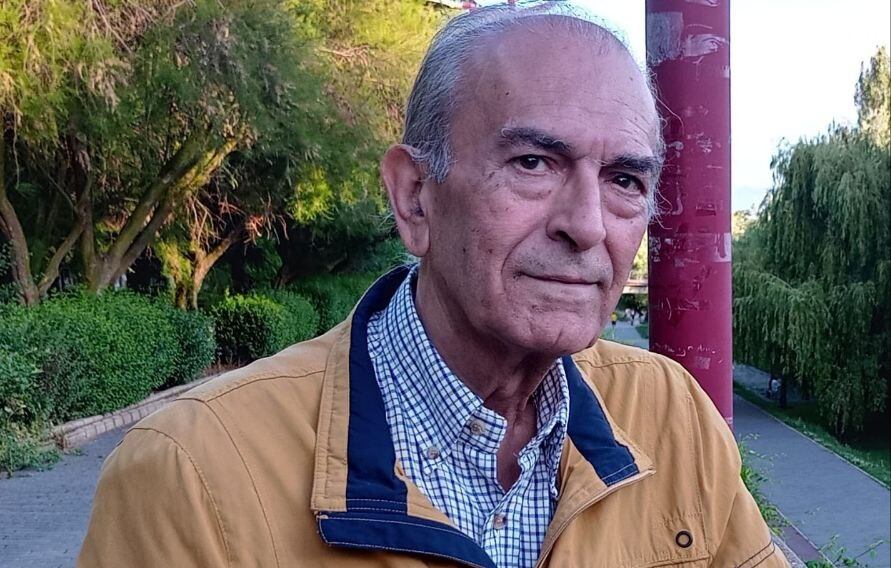The film restorer Ramón Rubio Lucia (Madrid, 1947) has been awarded the National Prize for Cinematographic and Audiovisual Heritage 2024, awarded by the Ministry of Culture and endowed with 30,000 euros. The jury highlighted “his tireless, coherent and enthusiastic dedication to the recovery of films and the documentary material that accompanies them.”
“Without their work,” says the jury, “it would be impossible today to rigorously reconstruct the history of Spanish cinema. The funds that Ramón has rescued and deposited in the custody of the Filmoteca Española since the seventies constitute today a fundamental part of the preserved Spanish cinematographic heritage that can continue to be enjoyed thanks to his intervention and active promotion.” Likewise, the jury has indicated that titles such as The mystery of Puerta del Solthe first preserved Spanish sound film, or collections as significant as those of the Film School, the CIFESA fund, that of the Air Museum, that of the Pablo Iglesias Foundation or the CNT “have reached our days thanks to their attentive work , and to the prestige and trust that his conviction of the importance of conserving the materials on which cinema culture is recorded has been gaining in Spanish society as a whole.”
Rubio’s first works in cinema were credited in the films Just the two (Luis Lucia, 1968), Pepa Doncel (Luis Lucia, 1969) and Give color to the deceased (Luis María Delgado, 1969). After these first projects, Rubio went on to direct documentaries of social commitment in super-8 and 16mm, and in 1975 he started working at Filmoteca Española (then Filmoteca Nacional) as head of the recovery of films, both Spanish and foreign, involving and convincing of the need to conserve cinematographic heritage to a large number of professionals in the industry and the world of cinema (producers, distributors, laboratories, filmmakers, official entities), at a time when awareness of the importance of this work was still barely present at the social level.
Among the main recoveries and deposits made by the winner, there are also funds such as those of the Brothers Teodoro and Santiago Ríos (one of the main sources for the history of cinema in the Canary Islands), Sagarmínaga (films from the beginnings of cinema, which complete what has been recovered in France), red and black (Carlos Arévalo, 1942: Falangist film that recreates the Czech film of the convent of the adoratrices, but which had a certain air of possible reconciliation), or those of the Hermic Fund (a fund commissioned by the Franco government that consists of more than 70 short films made between 1944 and 1959 in the Spanish territories in Africa). Also important is the information that it collects and provides about the recovered material that allows it to be identified and cataloged correctly. He is the author and collaborator of numerous publications on the history of cinema in Spain.
The jury, chaired by Ignasi Camós Victoria, general director of the Institute of Cinematography and Audiovisual Arts (ICAA), highlights that their work has served “to open and illuminate the path to the conservation of our cinematographic heritage for future generations.” . The award, founded in 2022, recognized Ana Marquesán and Ferrán Alberich in its previous editions.

